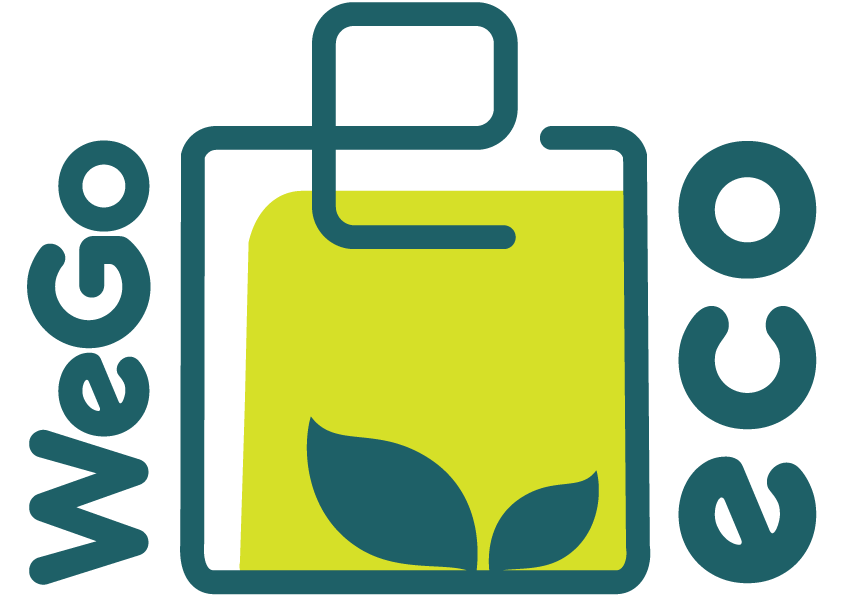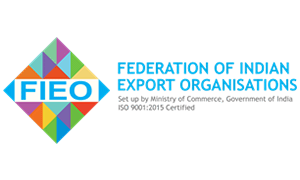Introduction to Jute Christmas Bags
As the world increasingly shifts towards eco-friendly alternatives, jute Christmas bags have emerged as a pivotal component in sustainable gifting practices. These bags, crafted from natural jute fibers, not only provide a stylish means for presenting gifts but also embody a commitment to environmental responsibility. The rising awareness of the negative impacts of plastic on the planet has motivated consumers to seek sustainable product options that align with their values.
Jute, a biodegradable and renewable resource, offers numerous advantages as a sustainable material for Christmas gifting. Its cultivation requires minimal pesticides and fertilizers, making it one of the most environmentally friendly agricultural products. Furthermore, jute bags possess the durability and strength to hold various items, enhancing their usability. The natural fibers used in producing jute bags allow for good breathability and resistance to wear, which means these bags can be reused multiple times, further promoting eco-friendly practices.
The growing popularity of jute Christmas bags among environmentally conscious consumers signifies a broader trend towards sustainability during the holiday season. As individuals seek to minimize their environmental footprint, jute bags present a viable alternative to traditional plastic gift wrap and bags. By choosing jute, consumers not only make a statement about their eco-conscious values but also contribute to the demand for sustainable products, encouraging manufacturers to adopt greener practices.
In summary, jute Christmas bags serve as an ideal embodiment of an eco-friendly gifting approach, tapping into consumers’ desire to celebrate the holidays while honoring the planet. Their unique benefits, including biodegradability and reusability, make them a foremost choice in the transition to sustainable gifting traditions. As this trend grows, the role of jute bags in promoting a greener holiday season becomes increasingly significant.
The Role of Exporters in the Jute Market
Exporters play a vital role in the jute market, particularly in the context of promotional jute Christmas bags. They serve as a crucial bridge between manufacturers and consumers around the globe, ensuring that high-quality jute products are accessible to international markets. By sourcing quality jute from local suppliers, exporters foster connections within the industry, enabling the continuous supply of raw materials necessary for the production of jute Christmas bags. This process not only helps maintain consistent product quality but also supports sustainable farming practices within jute cultivation.
Collaboration with manufacturers is another key aspect of the exporter’s role. They work closely with these entities to understand current trends, production capabilities, and the specific needs of the market. This partnership enables exporters to advocate for innovative designs, ensuring that promotional jute bags align with consumer preferences. Furthermore, these exporters are instrumental in navigating the complexities of global distribution. They manage logistics, oversee compliance with international shipping regulations, and handle customs procedures—all of which are essential for successful market penetration.
However, exporters face numerous challenges in this dynamic marketplace. Volatility in jute prices, shifts in consumer demand, and evolving sustainability regulations can impact profitability and operations significantly. In response, exporters have begun to adopt adaptive strategies, such as diversifying their product ranges and investing in sustainable production techniques that meet regulatory requirements. By doing so, they not only enhance the viability of their businesses but also contribute to the growth of local economies and job creation in the regions where jute is cultivated and manufactured.
Ultimately, the role of jute exporters extends beyond mere transactions; it encompasses a commitment to fostering sustainable practices and supporting local communities while responding to the rising global demand for eco-friendly products.
Marketing and Promotional Strategies for Jute Bags
The marketing landscape for jute Christmas bags is continually evolving, and exporters are adopting innovative strategies to attract consumers increasingly concerned with sustainability. One critical tactic involves strong branding that highlights the eco-friendly nature of jute bags, emphasizing their biodegradable qualities and durability. Effective branding not only sets the product apart but also aligns with the values of a growing segment of consumers who prioritize sustainable and ethically sourced products.
Social media plays a vital role in the promotional strategy for jute bags. Platforms such as Instagram, Facebook, and Pinterest allow exporters to showcase the aesthetic appeal of their bags while simultaneously communicating their environmental benefits. Engaging visual content, including user-generated photos and informative posts about sustainability, can create a strong online presence. By connecting with consumers through social media, exporters can foster community interest and promote their jute bags as a stylish and sustainable choice for the holiday season.
Building strategic partnerships with businesses that emphasize sustainability also presents an opportunity for jute bag exporters. Collaborations with retailers, local artisans, and eco-friendly brands can expand market reach and reinforce the message of sustainability. Joint promotional campaigns during the holiday season not only increase visibility but can also introduce jute bags to consumers who may not have considered them previously.
Another effective approach includes capitalizing on holidays and local events to promote jute bags. Creating themed promotional campaigns during festive seasons, such as Christmas, can enhance consumer awareness. Additionally, storytelling is a powerful tool for connecting with audiences. By narrating the journey of jute bags from production to final product, exporters can touch on important themes of environmental stewardship, craftsmanship, and community impact, further cultivating connections with consumers and inspiring sustainable purchases.
Looking Ahead: The Future of Jute Christmas Bags and Exporting Trends
The future of jute Christmas bags appears promising as consumer preferences increasingly shift towards sustainable alternatives. With growing environmental awareness, consumers are gravitating away from single-use plastics and opting for eco-friendly products. This transition presents a significant opportunity for export markets specializing in jute products, particularly during the holiday season when gifting is at its peak. As awareness of climate change intensifies, we predict that the market for sustainable promotional items, such as jute Christmas bags, will expand dramatically.
Innovations in jute bag designs are anticipated, with manufacturers exploring creative ways to enhance the aesthetic appeal while maintaining the eco-friendly attributes of jute. These innovations may include collaborations with local artisans to produce unique, handcrafted designs, thereby fostering a blend of sustainability and artisanal craftsmanship. Furthermore, as trends in fashion and functionality evolve, jute bags are likely to be adapted into various forms, such as tote bags or backpacks, catering to broader consumer needs throughout the year.
In light of these developments, new markets are emerging for exporters, particularly in regions where sustainability is becoming a key criterion for consumers and businesses alike. Countries in Europe and North America are showing a marked interest in eco-friendly products, suggesting that jute Christmas bags can become a staple in these markets. Additionally, leveraging technology presents further opportunities for enhancing efficiency in the supply chain. Implementing inventory management systems and tracking technologies can streamline operations, allowing exporters to respond swiftly to market demands.
As the sustainable products market continues its upward trajectory, it is imperative for businesses and consumers to embrace eco-friendly alternatives. Actively supporting the jute industry by promoting sustainable practices not only addresses environmental concerns but also fosters economic growth within communities engaged in jute production. Ultimately, a collective commitment towards sustainability can pave the way for a greener future.











To Order Is – info@yuvi.co.in